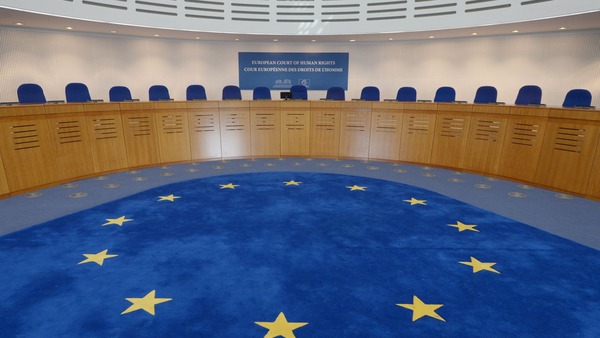A group of older Swiss women have won the first ever climate case victory in the European Court of Human Rights.
The women, mostly in their 70s, said that their age and gender made them particularly vulnerable to the effects of heatwaves linked to climate change.
The court said Switzerland’s efforts to meet its emission reduction targets had been woefully inadequate.
It is the first time the powerful court has ruled on global warming.
Swedish campaigner Greta Thunberg joined activists celebrating at the court in Strasbourg on Tuesday.
The ruling is binding and can trickle down to influence the law in 46 countries in Europe including the UK.
The Court ruled that Switzerland had “failed to comply with its duties under the Convention concerning climate change” and that it had violated the right to respect for private and family life.
It also found that “there had been critical gaps” in the country’s policies to tackle climate change including failing to quantify reductions in greenhouse gases – those gases that warm Earth’s atmosphere when we burn fossil fuels like oil, coal and gas.
The Swiss women, called KlimaSeniorinnen or Senior Women for Climate Protection, argued that they cannot leave their homes and suffer health attacks during heatwaves in Switzerland.
On Tuesday data showed that last month was the world’s warmest March on record, meaning the temperature records have broken ten months in a row.
More than 2,000 women, mostly in their 70s, are in the KlimaSeniorinnen group. They launched the case nine years ago, calling for better protection of women’s health in relation to climate change.
Swiss President Viola Amherd told a news conference that she needed to read the judgement in detail before commenting, according to Reuters news agency.
She said: “Sustainability is very important to Switzerland, biodiversity is very important to Switzerland, the net zero target is very important to Switzerland.”
The court dismissed two other cases brought by six Portuguese young people and a former French mayor. Both argued that European governments had failed to tackle climate change quickly enough, violating their rights.
Member of the KlimaSeniorinnen Elisabeth Stern, 76, told BBC News that she has seen how the climate in Switzerland has changed since she was a child growing up on a farm.





